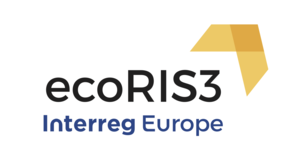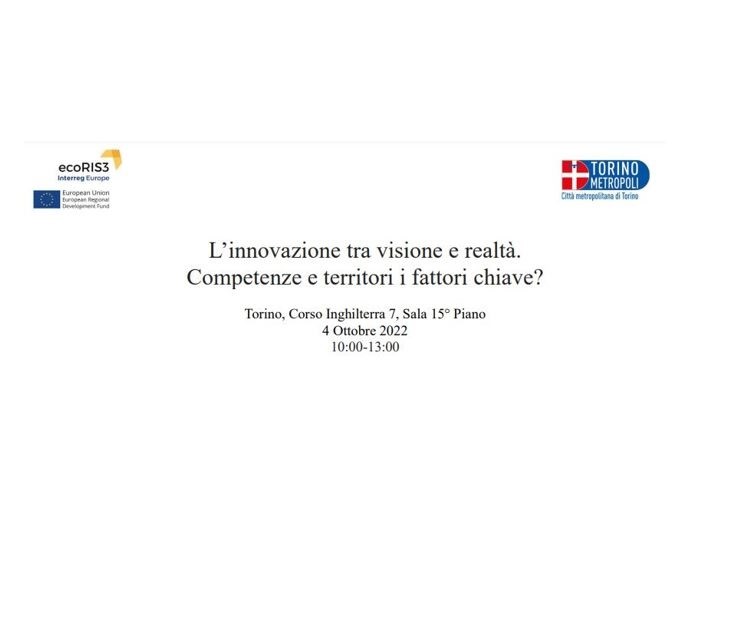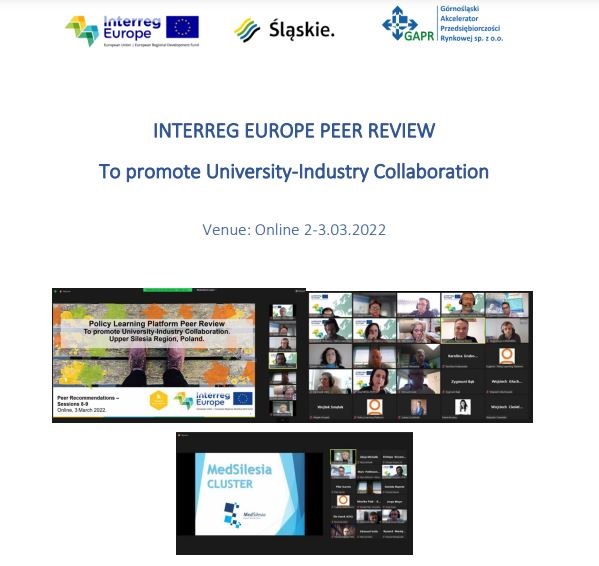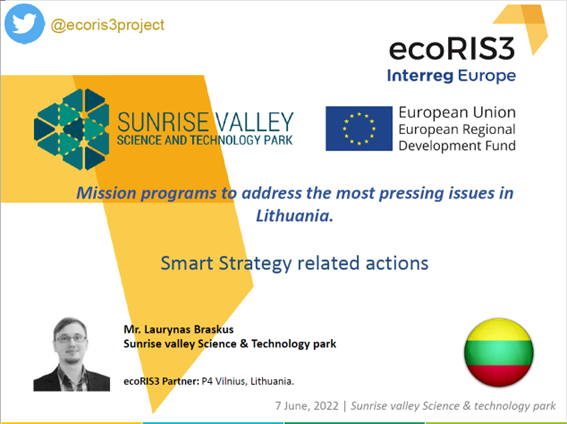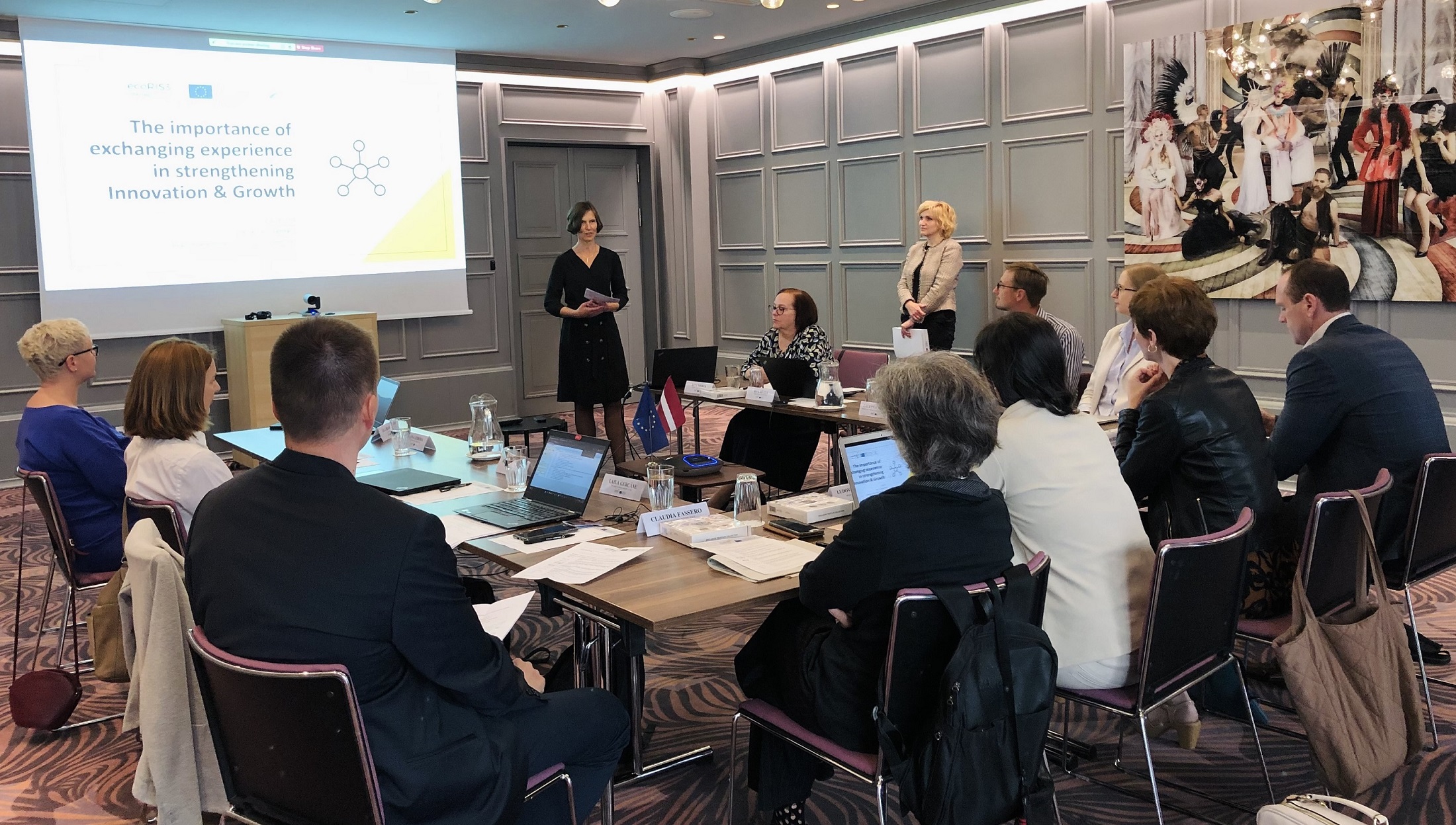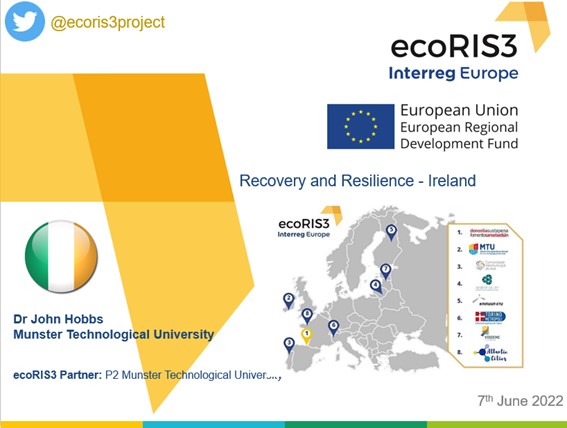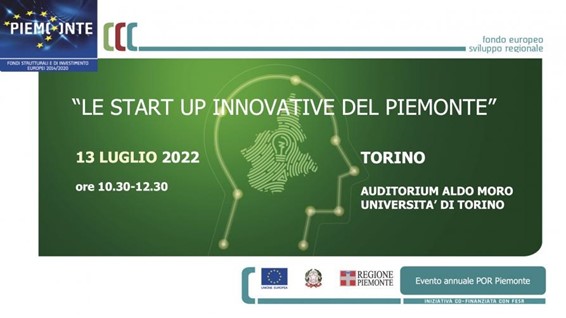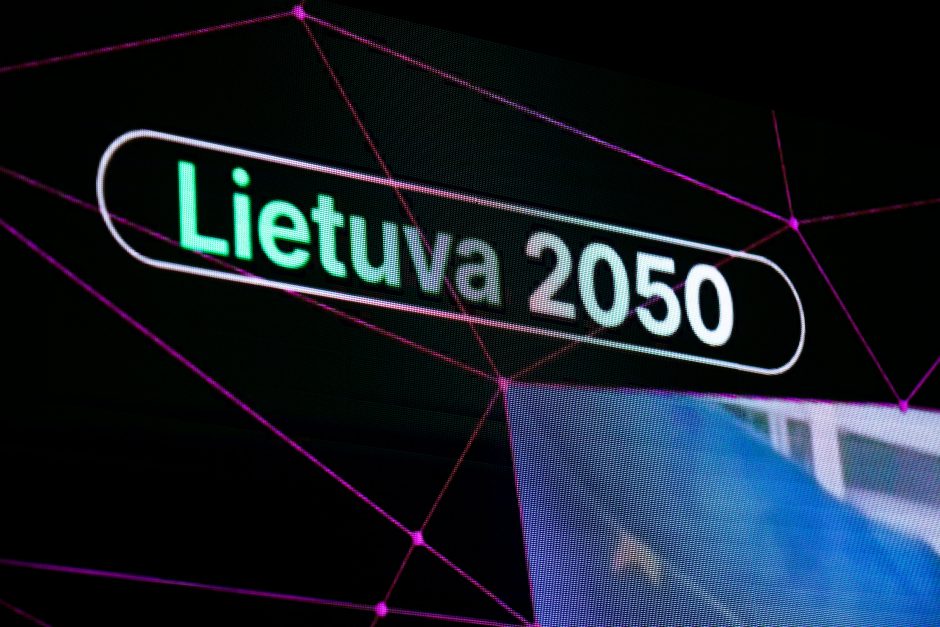The focus of the ecoRIS3 project is on the transfer of innovation and knowledge produced by the RTOs (Research and Technological Organisations) and higher education to the local & regional businesses remains one of the most important gaps and difficulties in terms of supporting and driving Innovation & Growth. It has been more than 20 years since the triple helix concept stated that the academia, industry, and government triad had the potential to achieve innovation and economic development through better generation, transfer, and use of knowledge. However, few regions have actually mastered putting business and academia together in order to achieve growth-enhancing cooperation.
TCI 2017 Bogota, Colombia addressed the issue of “what is the secret behind successful academia-business collaboration?” during a panel on the 9/11/2017. The panel was chaired by Carolina Gonzalez, from the Labour Markets and Social Security Division - IDB Colombia.
Presentations were made by Dr Malida Mooken, University of British Columbia, Canada; ecoRIS3 partner Dr John Hobbs, Senior Lecturer in Economics, Cork Institute of Technology, Ireland; Daniel Gómez González, Vice President of Competitiveness and Shared Value at Bogota Chamber of Commerce and Linda Martinez Cañon, Competitiveness Director in the Economic Development Secretariat, Bogota, Colombia.
The presentations addressed two agendas regarding industry and academia 1) skills mismatch and 2) R&D connection. Focusing on the skills mismatch Daniel Gómez González of the Bogota Chamber of Commerce presented a framework to identify human capital gaps to assist the Ministry of Education and their cluster firms in addressing the skills gap. The first four stages are part of the steps undertaken by the Ministry of Education in the construction of the National Qualifications framework for Colombia, with the chamber and cluster inputting into the action plan. Whilst, Dr Malida Mooken, University of British Columbia discussed the role of addressing skills with industry though active participation.

Image: The framework to identify human capital gaps presented by Daniel Gómez González of the Bogota Chamber of Commerce.
Dr John Hobbs presented data collected by the V-LINC research group in CIT on ICT clusters in Paris, France and Cork, Ireland related to R&D connections between industry and academia. Dr Hobbs explained the cultural difference between both countries regarding the relationship between academia and industry. “In Paris companies reported twice as many R&D connections than Cork, however, less than 10% of these linkages were with academia – but were of high importance to the firms. In Cork on the other hand the companies reported 87% of their connections with academia however these links were reported as Low and Tenuous. The difference between both regions relates to policy incentives being aligned to encourage academic R&D connections in Ireland and B2B R&D relationships in Paris through collaborative innovation programmes. What is required is an opportunity to align the interests of both academia and industry to research upon agreed common timelines.”
Image: From right to left: Dr Malida Mooken, University of British Columbia, Canada; Linda Martinez Cañon, Competitiveness Director in the Economic Development Secretariat, Bogota; Daniel Gómez González, Bogota Chamber of Commerce, Carolina Gonzalez IDB and ecoRIS3 partner Dr John Hobbs, Cork Institute of Technology.
Linda Martinez Cañon discussed how the Competitiveness Director in the Economic Development Secretariat, Bogota, Colombia explained the process of how the academic institutes partner with firms regarding projects where students work on live strategy assignments within the firm, citing examples of Universidad Unihorizonte and Univesidad Santo Tomas’ work with industry. Miss Cañon views this process “as extremely important regarding the building of trust between industry and academia, whilst giving the students a glimpse of the real world. These programmes even encourage them to look at entrepreneurship as a career.”
Image: Linda Martinez Cañon, Competitiveness Director in the Economic Development Secretariat, Bogota; presents the different parts of the cluster activation strategy where industry overlaps with academia during the academia-business collaboration panel @ TCI 9/11/2017.
